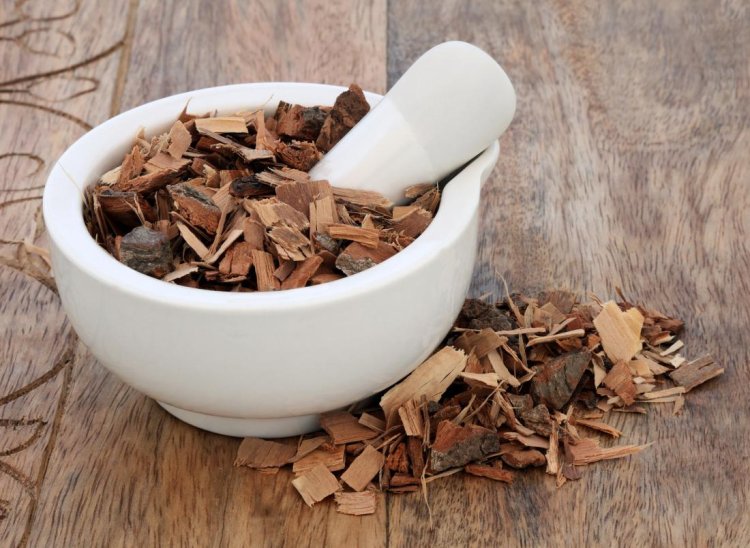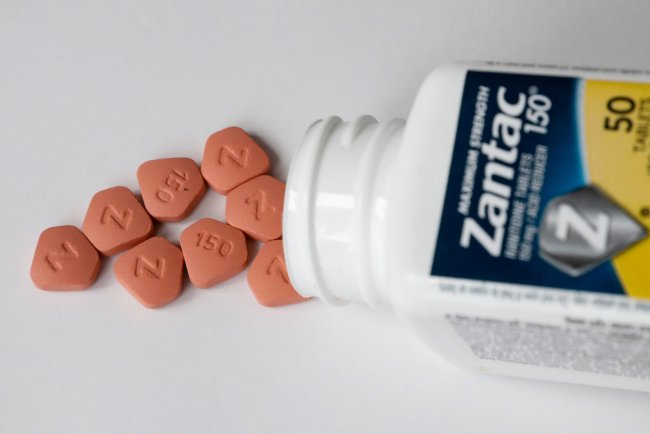Is Saw Palmetto a Real Aid for Prostate Enlargement? Here's What Your Body and the Science May Say
Any supplement aisle will have a bottle or two of saw palmetto, which is frequently marketed with claims of improved urine flow and prostate support. In the United States, it is one of the most often used herbal medicines, particularly for men dealing with the less glamorous symptoms of benign prostatic hyperplasia (BPH), the medical term for what is more popularly referred to as an enlarged prostate.

This is the crucial question, though: Does saw palmetto function or is it just a marketing gimmick? Like many things in health, the answer is a little more nuanced, but it is still worth thoroughly investigating before devoting time, resources, and confidence to it.
First, what exactly is saw palmetto?
The tiny, dark berries of a palm tree that is indigenous to the southeast United States are the source of saw palmetto. Imagine slow-moving alligators and Florida swamplands—not your usual tale of pharmaceutical origin. It has been utilized in traditional medicine for more than a century, frequently marketed as a natural anti-inflammatory treatment and, more recently, as a possible therapy for urinary problems associated with prostate enlargement.
Saw palmetto is thought to be used by more than one-third of adults who take supplements. Is it allure? a fusion of custom, "natural" marketing, and the alluring promise that you can get rid of persistent urogenital problems without the need for prescription drugs.
Can It Treat BPH, Then?
Quick response? Most likely not. Not in any consistently measured manner, anyway.
Millions of men suffer from BPH, particularly as they get older. The illness may result in a bothersome stop-start stream, difficulty urinating, and numerous midnight bathroom runs. Some people find it somewhat annoying, while others find it completely disruptive.
It is yet unclear exactly how saw palmetto might be beneficial. According to some experts, it functions similarly to medications like finasteride (Proscar), which block the 5-alpha reductase enzyme, which promotes the growth of the prostate. The issue? The evidence is not strong enough, even if it behaves similarly.
What Are the Findings of the Research?
Let us discuss facts, not legends.
In a credible clinical trial, 160 mg of saw palmetto was administered twice daily for a year to 225 men with moderate to severe BPH. The outcomes? There was no discernible difference between the placebo and the supplement.
In response, a follow-up trial that involved almost 370 men over the course of 18 months used a more extreme approach: dosages up to 960 mg per day. No dice yet. Those on sugar tablets and those on saw palmetto reported feeling slightly better or the same. A rather strong placebo effect is indicated by the fact that 40% of the placebo group reported that their symptoms had improved.
That is important. Because it implies that you might feel better—for a while—just by thinking you are doing anything beneficial for your prostate.
The Most Recent Review: Still Unimpressive
As recently as 2024, 27 placebo-controlled studies
involving more than 4,600 men were examined by the prestigious Cochrane Review, which specializes in carefully going through global data. Their verdict? Even when used for up to 17 months, saw palmetto, either by itself or in combination with other herbal formulae, did not appreciably enhance quality of life or urinary problems.
For little gain, that is a lot of patience and a lot of drugs.
So, is it at least safe?
In general, yes.
However, there are limitations.
It is a warning sign if you are using blood thinners since it may affect blood coagulation.
It may conceal signs of more severe illnesses, such as prostate or bladder cancer.
Additionally, it may give a false sense of security, postponing more beneficial medical assessment or care.
Harvard Medical School urologist Dr. Heidi Rayala puts it simply:
"Saw palmetto is probably not going to hurt you, but it also probably will not give you any significant advantages."
What Are the True Opinions of Experts?
Men are lured to saw palmetto, according to Dr.
"The attractiveness of employing a naturally occurring supplement to treat urinary issues in middle age is easy to grasp," he says. "However, there is insufficient proof of its efficacy, and its usage without a thorough assessment ought to be discouraged."
He is being realistic, not a buzzkill. Pharmaceutical corporations would have already bottled saw palmetto, gotten FDA approval, and campaigned for insurance coverage if it truly worked. It speaks a lot that it is still a supplement and not a medication.
The Bottom Line: Exercise Caution in Hope
Using saw palmetto may seem like a safe, all-natural first step if you are having trouble with BPH symptoms. And if you feel a little better after already spending money on a bottle? Fantastic—comfort is relief, whether it is a placebo. However, do not confuse feeling better with fixing the underlying issue.
What is your best option? Consult your physician. It is critical to rule out more serious disorders, particularly if you are experiencing ongoing or worsening urinary problems. Additionally, if you are determined to try saw palmetto, do it with open eyes rather than a pocketbook.
Your health ultimately deserves better than wishful thinking in a capsule.
What's Your Reaction?




















